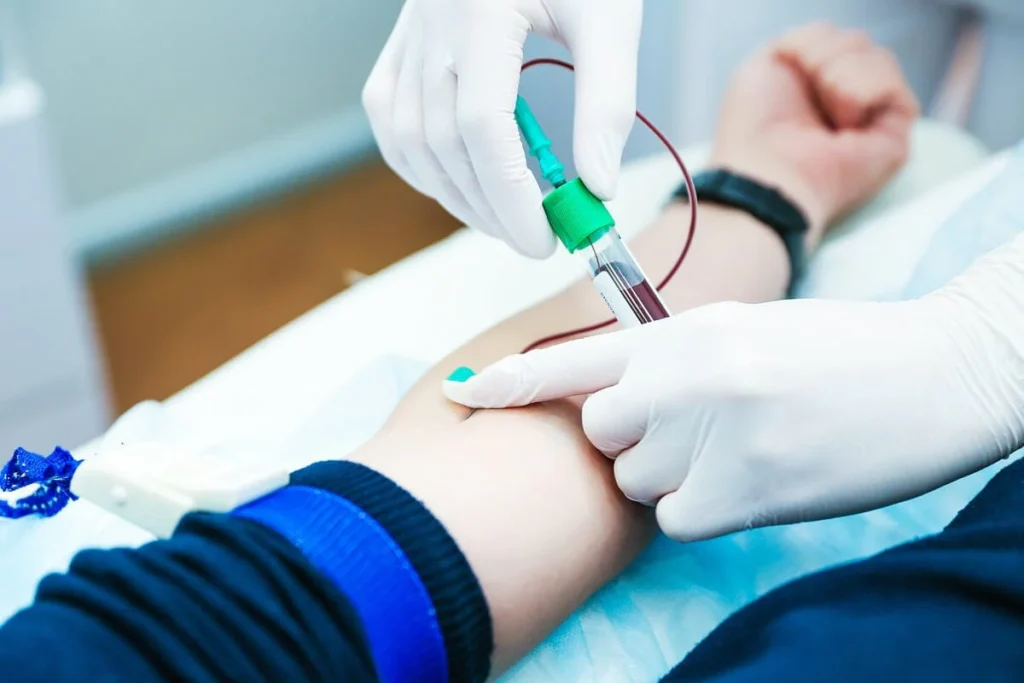
A simple blood test is being trialled to detect more than 50 types of cancer early, offering hope for broader screening.
A groundbreaking new blood test that can detect more than 50 types of cancer has shown “exciting” results in recent trials, signaling a major breakthrough in early cancer detection and screening.
How the Test Works
Developed by the biotechnology company GRAIL, the Galleri blood test works by analyzing small fragments of tumor DNA—known as circulating tumor DNA (ctDNA)—that are shed into the bloodstream. Using advanced methylation pattern analysis, the test can identify a “cancer signal” and often pinpoint where in the body the cancer originated.
In early trials, the test correctly identified the organ or tissue of origin in approximately 92 percent of positive cases, demonstrating a strong potential for future diagnostic use. The test covers more than 50 cancer types, including those that currently lack standard screening programs such as pancreatic, liver, and esophageal cancers.
Promising Trial Results
Recent studies in the United States and Canada revealed encouraging accuracy levels:
- Among individuals flagged by the test as having a “cancer signal,” around 61.6 percent were later confirmed to have cancer.
- The test correctly ruled out cancer in 99.6 percent of people who did not have the disease.
- Over half of the cancers detected (approximately 53.5 percent) were found at an early stage, when treatment outcomes are typically more favorable.
Why This Matters
Early cancer detection dramatically increases survival rates, and a test capable of detecting multiple cancer types with a single blood draw could revolutionize screening programs globally. The approach may expand early detection beyond cancers like breast, bowel, and cervical—offering early intervention for hard-to-detect cancers such as pancreatic or head and neck cancer.
What Experts Say
Health researchers call the results “highly encouraging,” but emphasize that more large-scale studies are needed to confirm whether this test can reduce cancer-related deaths. Sensitivity levels still vary depending on the type and stage of cancer, and experts stress the importance of integrating the test alongside, rather than replacing, existing screening programs.
Source
According to BBC News, a new blood test that screens for more than 50 types of cancer has shown “exciting” results in early trials.





